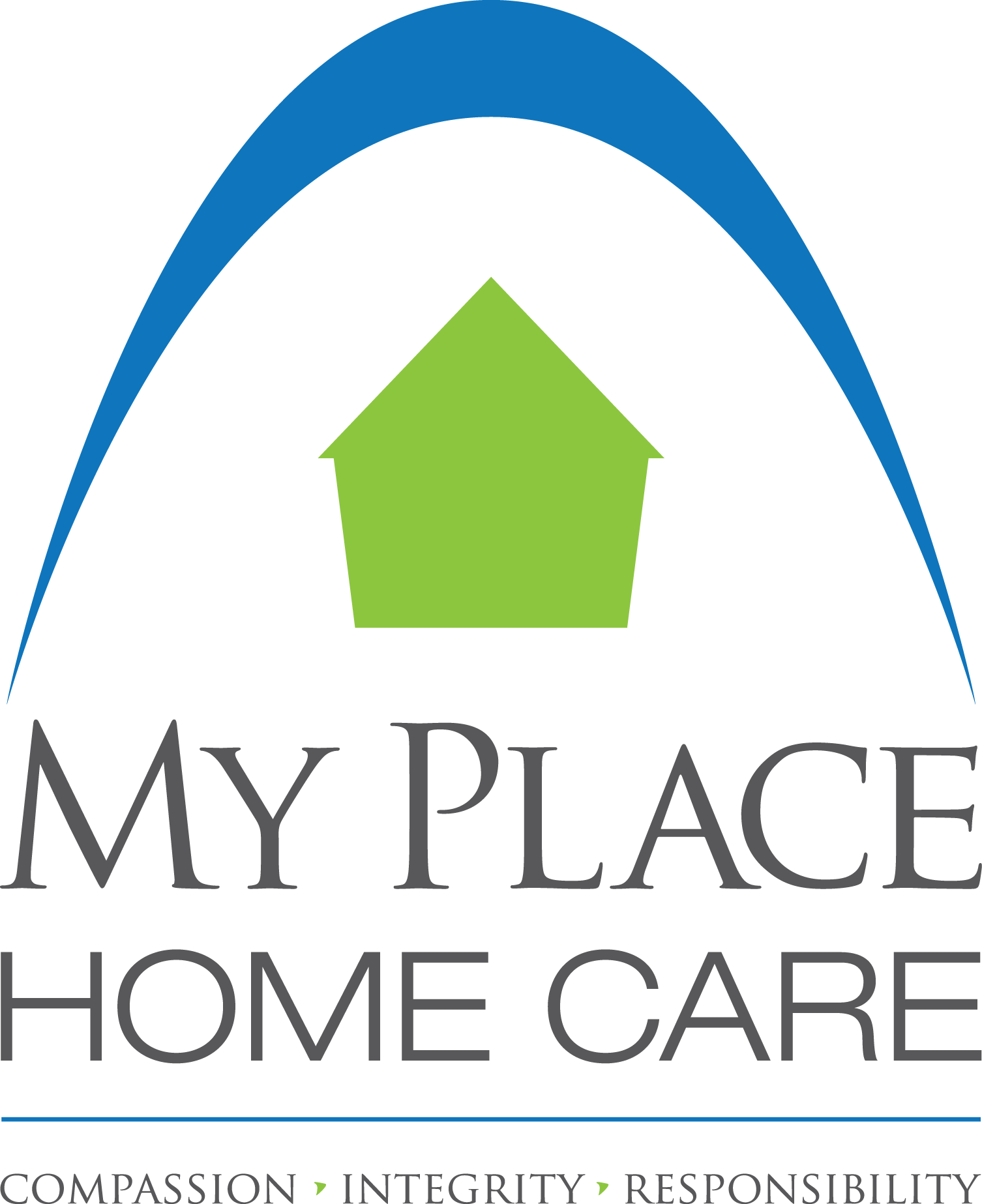
Understanding and Caring for Individuals with Dementia
Dementia is a progressive condition that affects an individual’s cognitive abilities, such as memory, thinking, language, and behavior. It can be a challenging experience for both the person with dementia and their caretakers, but with proper understanding and support, individuals with dementia can still lead fulfilling lives.
What is Dementia?
Dementia is not a single disease but a term used to describe a range of symptoms associated with a decline in cognitive function. The most common form of dementia is Alzheimer’s disease, which accounts for 60-80% of cases.
Signs and Symptoms
The signs and symptoms of dementia can vary, but common ones include memory loss, difficulty with language, disorientation, and changes in mood and behavior. These symptoms tend to worsen over time, as the condition progresses.
Diagnosis
Diagnosing dementia can be a complex process and usually involves a series of tests and assessments, including cognitive and neurological exams, blood tests, and imaging scans. A definitive diagnosis can only be made by a healthcare professional.
Understanding Behavioural Changes
One of the most challenging aspects of caring for someone with dementia can be understanding and managing changes in behavior. These changes can be distressing for both the individual and their caretakers, but it is important to remember that they are a symptom of the disease and not a deliberate choice. Common behavioral changes in individuals with dementia include agitation, aggression, repetitive actions, and wandering.
Communicating with Individuals with Dementia
Effective communication is key when caring for someone with dementia. It can be helpful to use simple, clear language and to repeat information if necessary. Nonverbal cues, such as facial expressions and gestures, can also be useful in communication.
Providing a Safe Environment
Creating a safe and supportive environment is essential for individuals with dementia. This may involve making changes to their home, such as installing grab bars and removing tripping hazards. It can also be helpful to provide a familiar routine and to use reminders, such as clocks and calendars, to help with orientation.
Caring for the Caregiver
Caring for someone with dementia can be a physically and emotionally demanding experience, and it is important for caretakers to prioritize their own well-being. This may involve seeking support from friends and family, taking time for self-care activities, and accessing respite care services.
Conclusion
Dementia can be a challenging experience for both the person with the condition and their caretakers, but with proper understanding and support, individuals with dementia can still lead fulfilling lives. It is important to educate oneself about the condition, communicate effectively with the individual, provide a safe environment, and prioritize the well-being of the caretaker.
Get in Touch
We here at My Place Home Care care for your health, wellness, and safety. Looking to join us or enquire about our services? Tap the link for all details you would like to discover https://www.myplacehomecare.ca/
Contact us today by calling us at: 613-686-6366 or email us direct at: info@myplacehomecare.ca
You can use these links to APPLY NOW or CONTACT US.
You can also click here.

